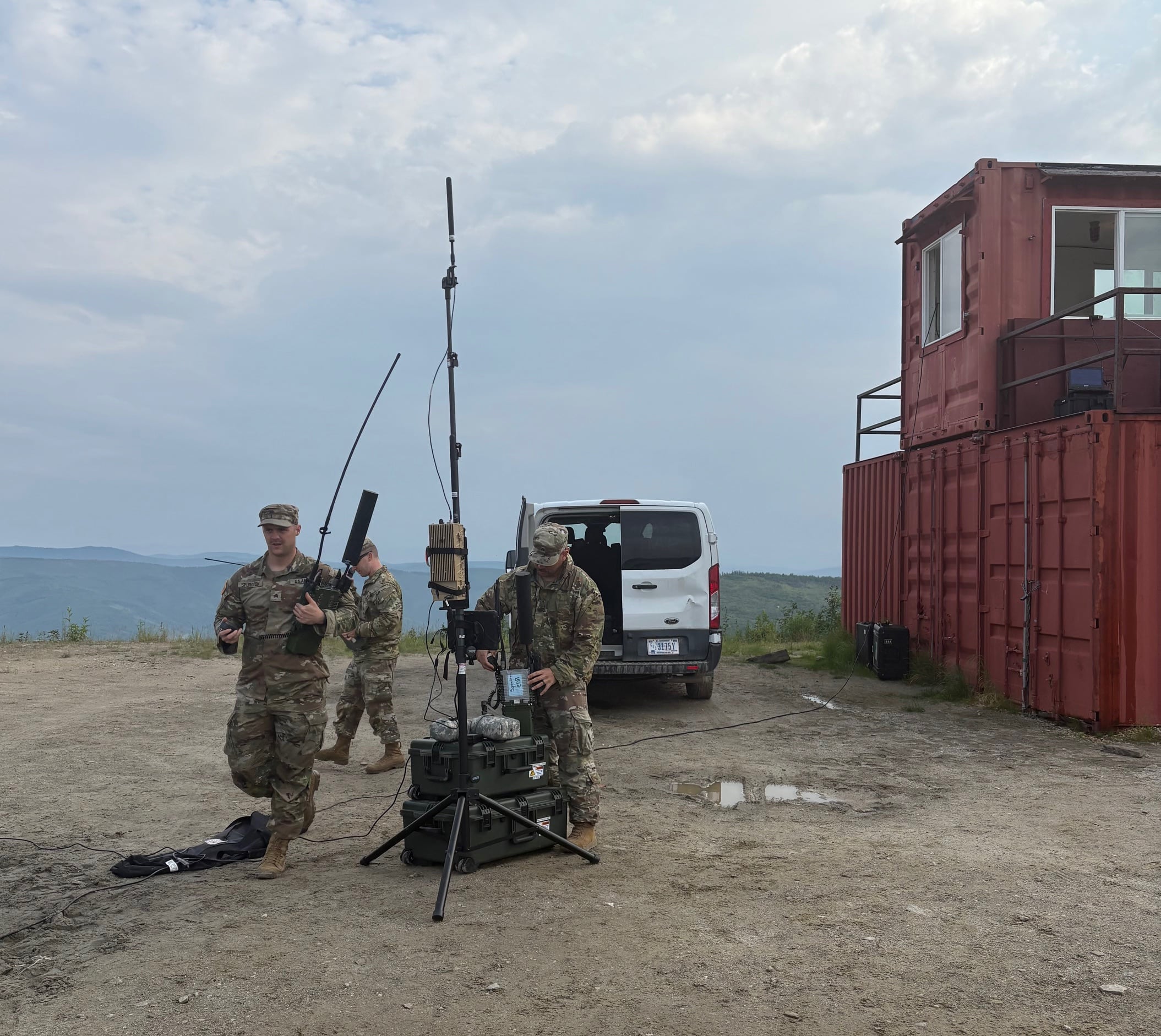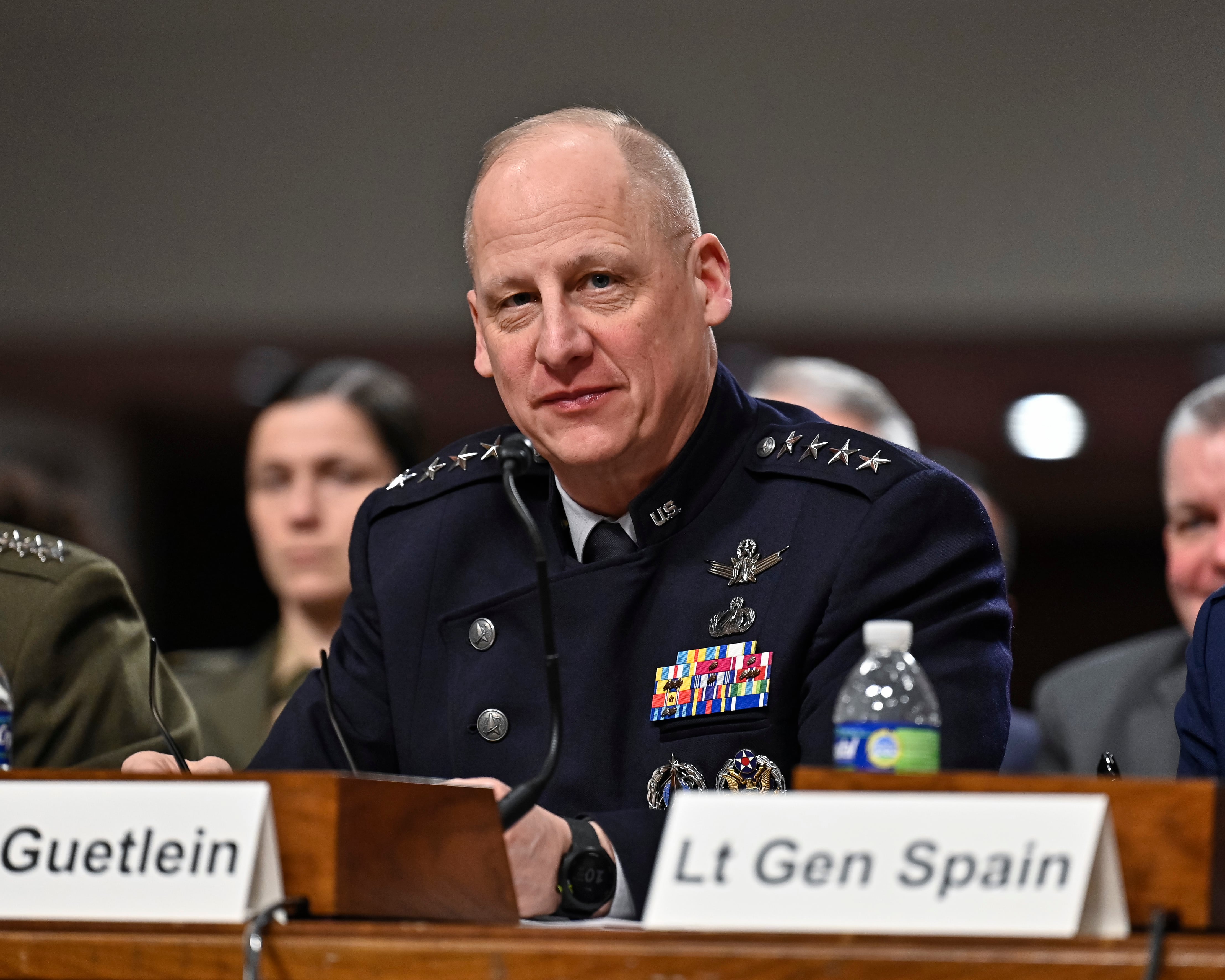The Navy is a subset of U.S. Cyber Command's Cyber Mission Forces and is an integral component of the nation's overall offensive and defensive capabilities – that includes contributing to cyber situational awareness. The U.S. Fleet Cyber Command / 10th Fleet, which is the Navy's cyber component, last year produced an unclassified strategic plan addressing its role in national defense, military cyber operations and power projection from 2015 to 2020. The 28-page document generally articulates the Navy's vision of how the service will change, adapt and prepare to address growing cyber threats and challenges in cyberspace -- and it's one of few documents that features forward-looking content.
According to some inside sources, there are concerns about the coordination across all the individual cyberspace strategies that exist in the U.S. military; the Coast Guard has a cyber strategy. All these strategies have many concerned about the level of fragmentation when it comes to cyber. In fact, some believe that progress will be slow until the fragmentation issues are addressed.
An interesting statement was included in Navy's document: "America's long-enjoyed military superiority does not extend automatically to cyberspace; we will have to earn it." It is a fact that the U.S. military operational capabilities for land, sea, air and space domains rely heavily on cyberspace to execute their mission and carry out their orders. That makes cyberspace superiority essential in modern-day conflict and defense.
Nonetheless, superiority in cyberspace is not an end in itself. At best, it would be a fleeting accomplishment without continuous investment and upgrading of the country's offensive, defensive and intelligence capabilities in cyberspace.
Inside the defense and intelligence communities, officials are deeply concerned about the rapidly developing cyber capabilities of other countries, including Russia, Iran and China.
Like most well-informed organizations, the Navy recognizes that their ability to attract, develop and keep cyber professionals' skills current is essential to achieve cyberspace superiority. They also recognize the challenge given the ongoing, exponential advances in the tech and cyber environments. This is essential given the Navy plans to establish 40 "highly expert Cyber Mission Teams."
However, they also recognize another significant issue, and that is planning for the sustainability of these teams over time.
Not specifically addressed in this document – but illustrated by military action – is the Navy's recognition that cyberspace superiority is also dependent on the U.S. tech sector. That being said, the U.S. military/government's track record for engaging industry/private sector has not always been very successful. This is a critical area that requires immediate attention if the issues are not destined to become roadblocks. The U.S. needs for fortify the cyber supply chain and ensure it has redundancies in all the critical areas.
The Navy and the U.S. military are right in concluding the need for cyberspace superiority. Will the U.S. ever achieve and maintain continuous and uncontested cyberspace superiority? That is the million-dollar question.
Given the pace of change and the limited infrastructure needed to produce cyber weapons, coupled with the huge international black-market for zero-day vulnerabilities and offensive cyber weapons, saying superiority is a major challenge would be a gross understatement. Cyberspace superiority requires control of the Internet. That is a significant undertaking, and further complicated knowing that multiple countries are working to ensure that cannot and will not happen.
Addressing this issue is a top priority for the Navy and all branches of the military. They recognize that cyber superiority requires partnering with other government agencies, industry and the private sector. However, recognizing the issue is one thing; putting the partnering into practice is where the value and benefits rest. The United States faces real threats in cyberspace and those threats are intensifying. As such, the military must have a fully integrated strategy that leverages the unique capabilities of each branch of the military and the intelligence community. Just throwing more money at this will not provide the protection we so badly need.








